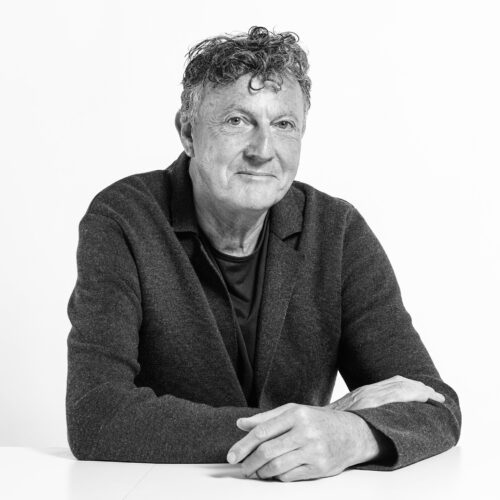Splitting their time between in-practice placements, tutorials and symposiums the students are building their understanding of the site and beginning to shape ideas for the future.
So far we have studied the origins of the site and its development to date. Dating back to the middle of the Nineteenth Century the Goods Yard is located in Shoreditch and operated as a freight station serving the eastern ports of England, bringing building materials, food and everything else needed to support the City. When goods began to be transported more by road than rail, the station fell into disuse, and a fire in 1964 rendered the area unusable and derelict. Various proposals have been brought forward, the most recent a planning application for a mixed-use commercial, residential, and retail development from Hammerson and Ballymore has been approved.
A series of six-weekly symposiums throughout the Design Think Tank are used as a forum to develop and discuss ideas. At the first symposium the students’ thoughts on the history of the site and the current proposals were presented, and they began to explore ideas for the future. Central to the future of the site is improving its integration with adjacent neighbourhoods, so it doesn’t become a self-contained isolated island. Understanding the future of travel is vital to support this ambition and help tie in the site with the surroundings.
Discussions around the functions of the building were key, with most of the students believing home working will continue, thus making large office towers unnecessary. At present the uses of the buildings are distinct and contained; blocks for working, blocks for living, space for shopping. The students are exploring a more flexible model, learning from the past and the adaptability of the Georgian house for example, as a model. We are beginning to explore a typology using technology so the buildings can be used for a greater variety of uses, incorporating green balconies, internal and external planting and containing hotel / Airbnb rooms, office space and residential space in an integrated scheme allowing more efficient heating and cooling options and continual use.
The symposiums continue until March, and we are excited to follow the students progress, and updating you on their progress.
If you are interested in joining the LSA’s architectural programme you can find more information here: http://www.the-lsa.org/about/programme/
